After the wash-out that was Busan, I was determined not to make the same mistake twice. So I gave myself a week’s notice and pored over Seoul’s accommodation options before choosing one with universally excellent reviews and the promise of a beautiful breakfast.
I had high hopes but low expectations and it was with some surprise that I discovered that my guesthouse was nestled deep in the heart of Bukchon Village: a higgledy-piggledy district of alleyways and single-story hanoks, the oldest part of Seoul, and bordered by two palaces and three mountains.
Do you want to know the hardest thing about staying in Korea? Wrapping my brain around the similarly-named cities. I stayed in eight places altogether, three of which were called Gyeongju, Gwangju, and Gongju. That said, either my pronunciation is top-notch or the bus stations employ really excellent staff because I ended up in the right place every single time.
Although I didn’t know it before I got there, Gwangju is infamous for being the site of a horrific government-sanctioned massacre of protesters. The “Tiananmen Square of Korea” happened in 1980 and eventually sparked significant changes in Korea’s political situation, leading to the government of today. Nonetheless it remains deeply controversial, not least because nobody is entirely sure how many people died; 207 minimum, but some sources suggest ten times that.
There’s a knack to enjoying short, sharp visits to large, intimidating cities.
Book yourself some bloody good accommodation.
By “good”, I don’t mean expensive, plush, or in the thick of the action. A balcony on the 18th floor and crisp Egyptian cotton won’t make a blind bit of difference when you’re sitting there alone, wondering what to do with the empty hours stretching out before you. No, what matters primarily is the host: someone who is besotted with their city, and not just willing but actively keen to pass on their inside knowledge so that you, too, will grow to love it as much as they do. That’s why I’m such a huge fan of AirBNB which (when you get it right) embodies all of these glorious traits. (I wish I were paid by AirBNB to advertise their services. I’m not though, sadly. I’m just a fan. Although if you’re considering trying it then use this link and we’ll both get £13 off when you make your first booking. Everybody wins).
Of course, this didn’t happen when I went to Busan and left it far too late for decent accommodation. So I ended up in my worst kind of place: a basic, faceless backpacker hostel next to the train station, and I arrived in bucketing rain which took away any remaining joy. To make it even less appealing, I’d paid for a single room, but all this meant was that I got shoved into one of the 4-bunk dorms with the promise that nobody else would be joining me, and strict instructions not to use the linen on any of the other pre-made beds. And so it was that I spent my first night in Korea’s second city sleeping on a lower bunk with rain-damp clothes hanging next to my face, and a cardigan rolled up under my head to bolster the pathetically thin pillow.
It’s so glamorous, this travelling lark.

I found my Andong accommodation through AirBNB, which is making more of a stir in these parts than I’d expected. Although recently built, it was the real Korean deal: a tiny, self-contained, hanok-style apartment in the garden of the main house. It sat next to the front gate – an old, pleasingly solid wooden number sealed with a weighty beam that got hefted into place at night.

The owners, who didn’t speak a word of English. were all smiles, even though I’d arrived far later than intended. They turned on the ondol (underfloor heating, found in every Korean house) and left me to it. With handy bus times stuck to the wall, wifi, and my own bathroom and kitchen, I needed nothing else. Well, actually, I could have done with a hand translating the loo which – somewhat incongruously against the classic sliding doors, wood-carved wardrobe, and frilly counterpane – was a terrifyingly modern Japanese device with buttons on the side. After two days using that contraption, I’m still not entirely sure that the water jets went where they were supposed to and frankly I feel rather violated.
Planning this trip didn’t really allow time for panic. It happened so quickly, in the event, that every spare moment was taken up with the practicalities of leaving home for six months and planning the initial stages. I doggedly fixated upon making it to Vladivostok via all the intended stops, and didn’t allow myself to think much beyond that.
The Trans-Siberian passed in something of a whirlwind and without any warning, it was time for Peter to leave. We had previously made the decision to part ways post-Russia; he to Melbourne for a wedding, and then to New Zealand for three weeks. Having already visited New Zealand, and with no overwhelming desire to go to Australia, I decided I’d rather spend my precious time exploring South Korea; a country that Peter had already been to and I knew nothing about. So I tearfully waved him off on Vladivostok’s airport shuttle train and suddenly there I was, alone, at quite literally the ends of the earth.
And suddenly it all felt very overwhelming.
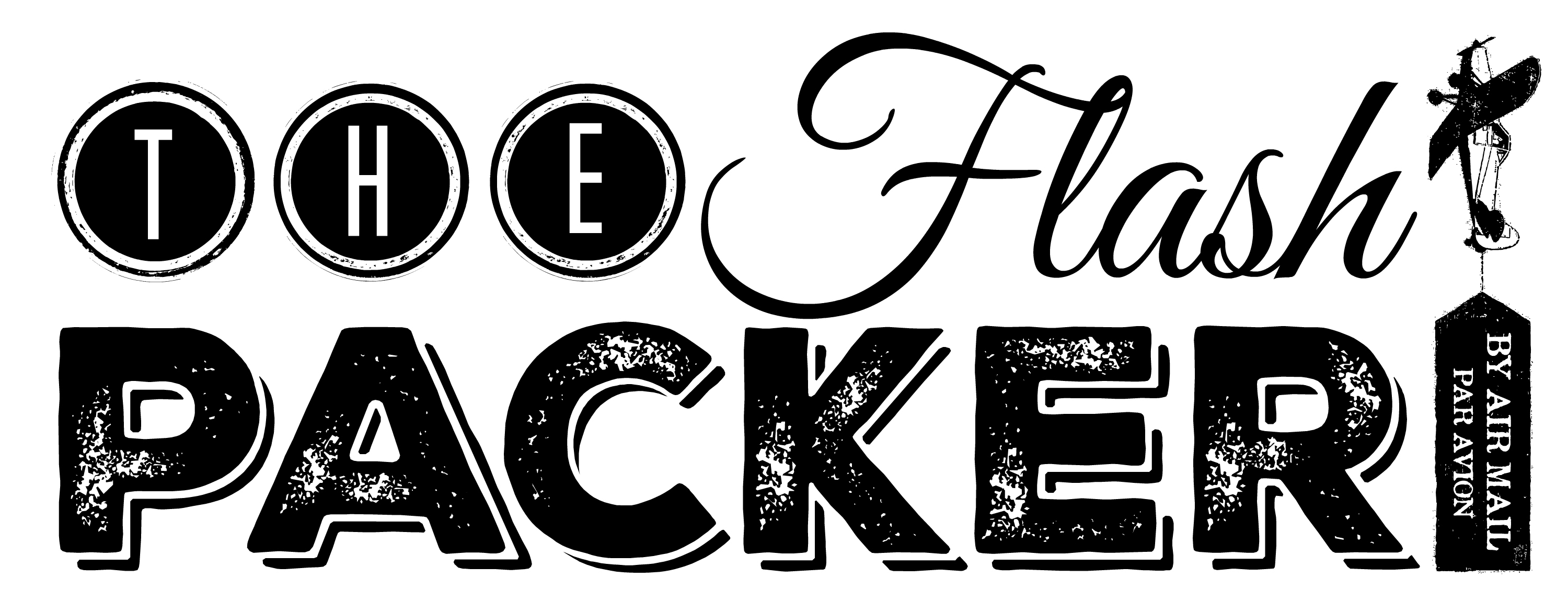

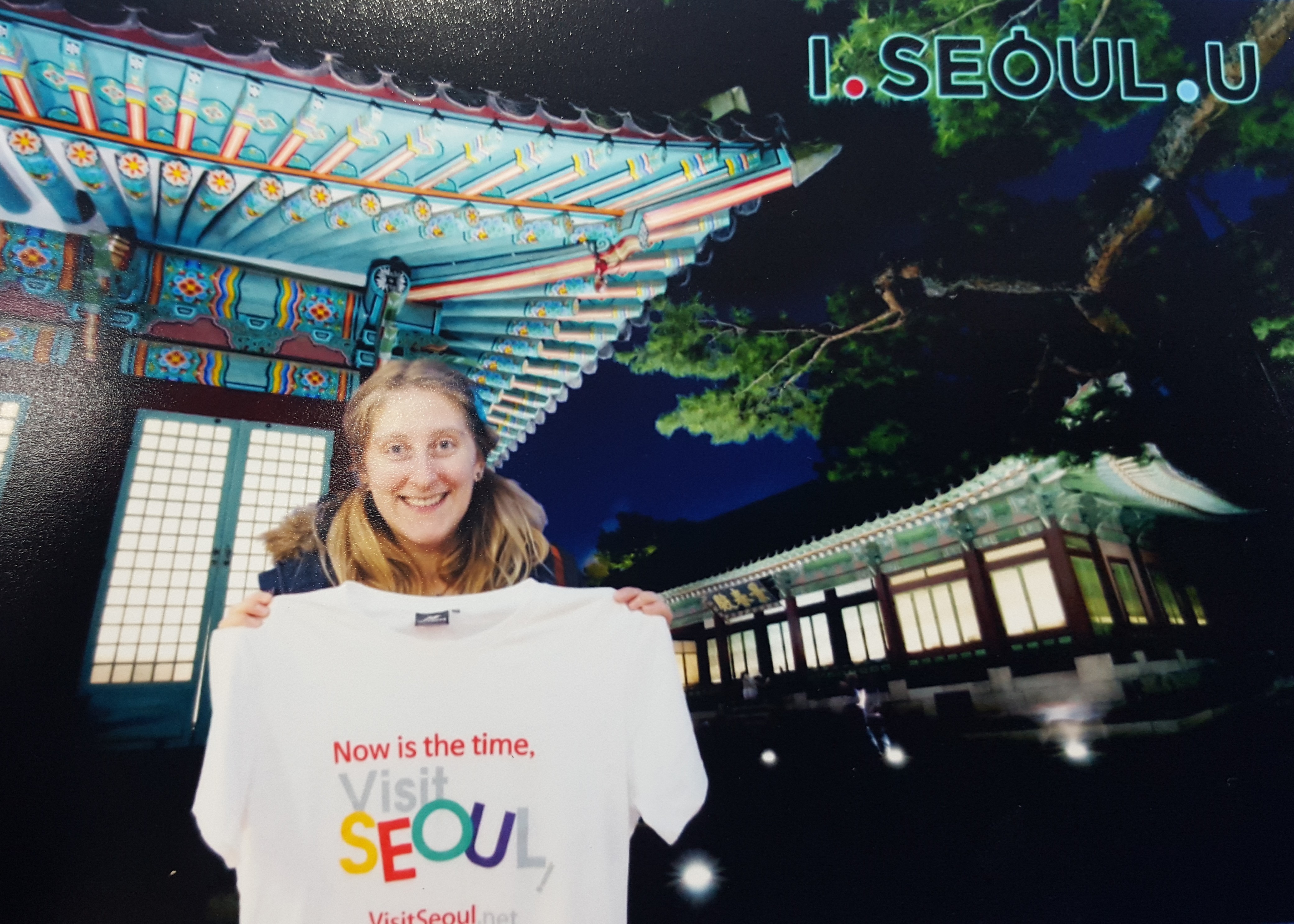
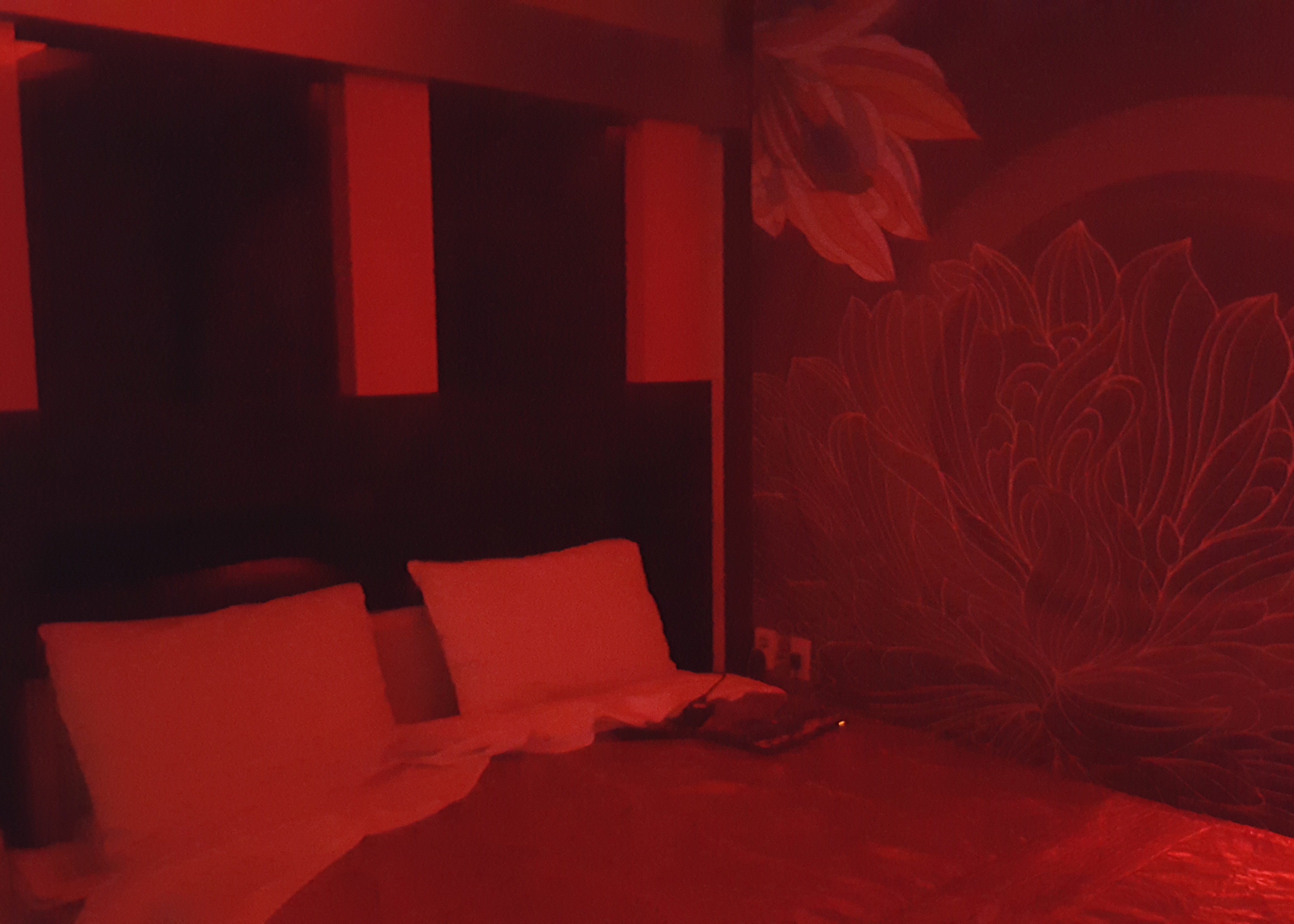
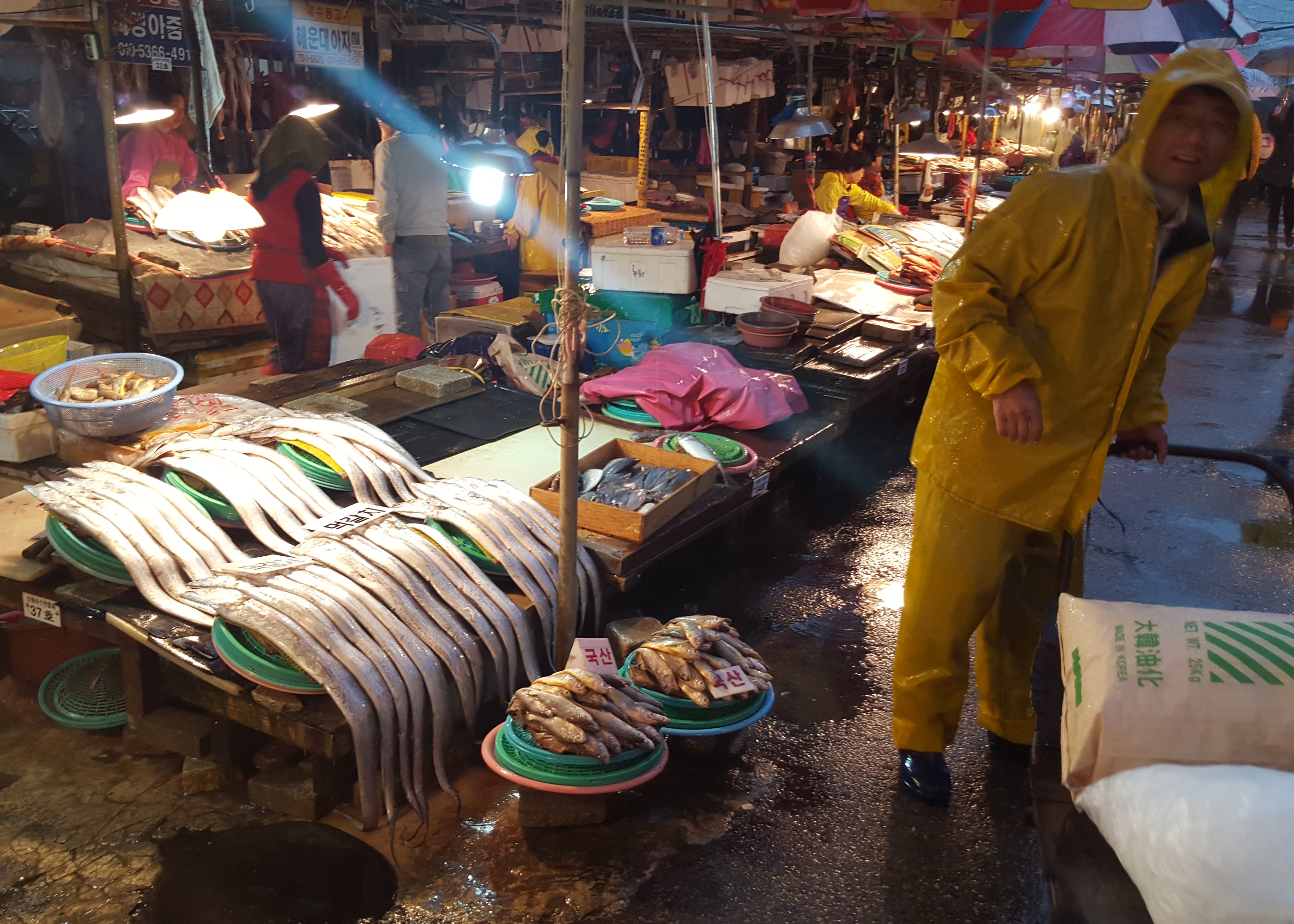
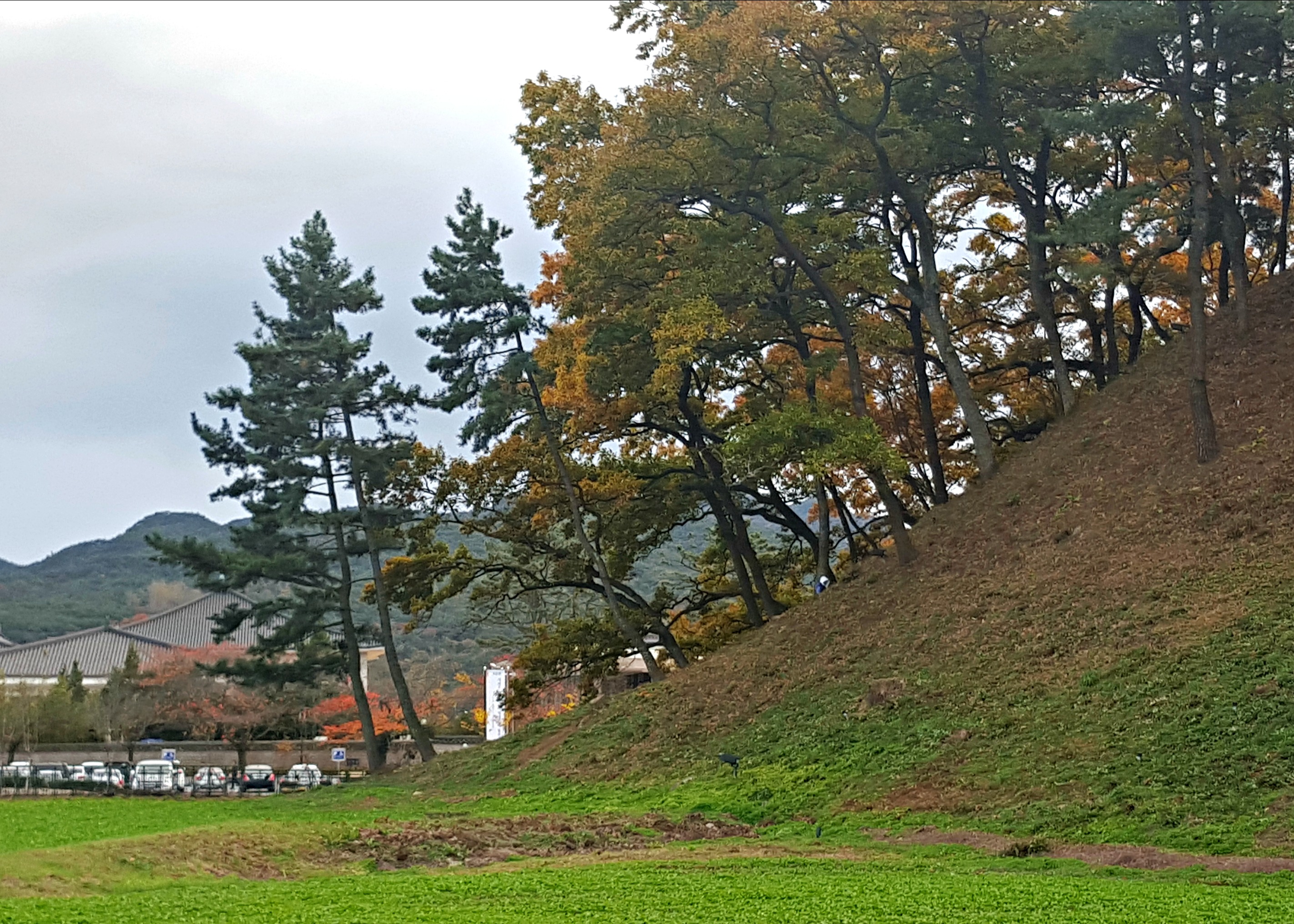
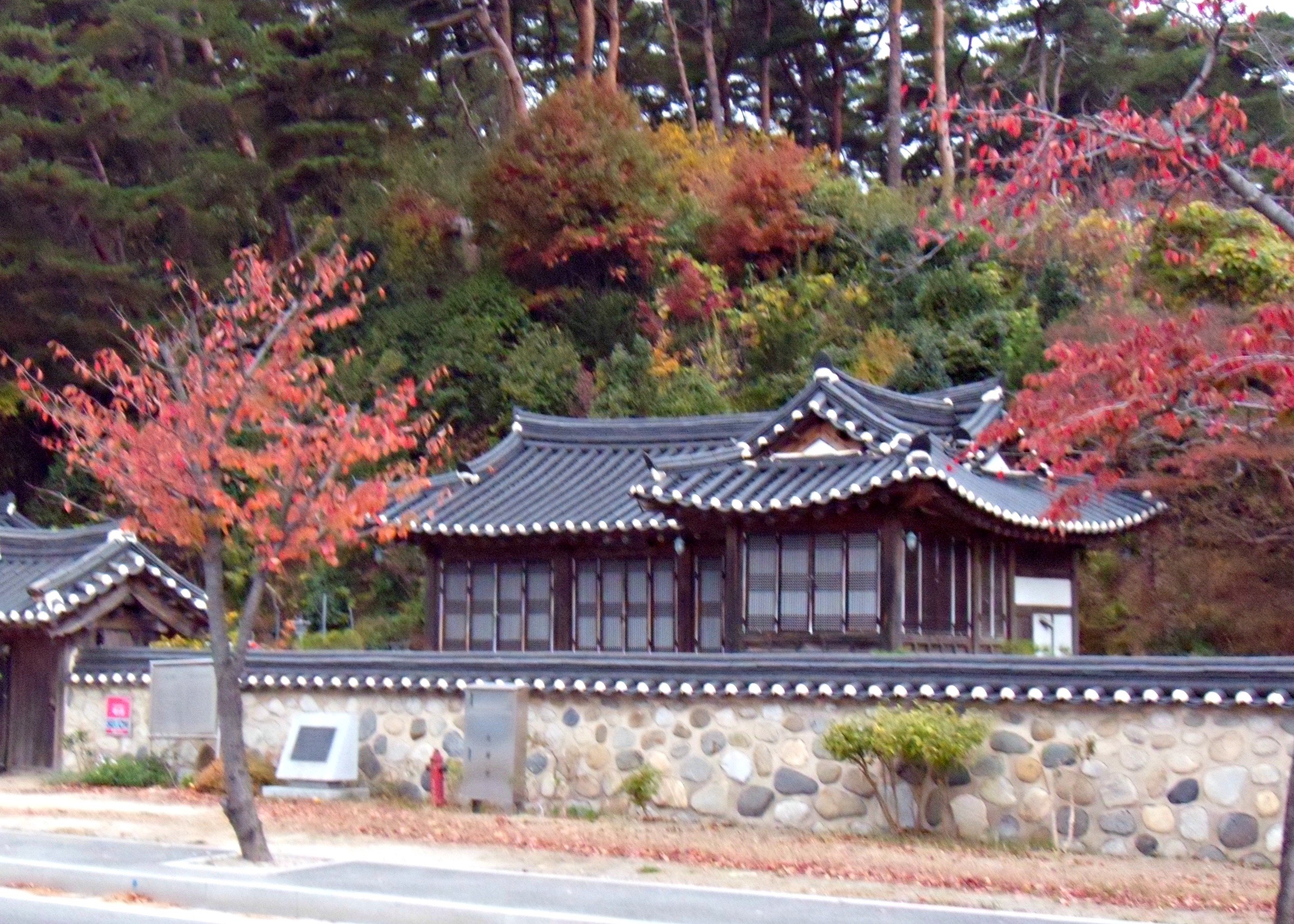
 RSS – Posts
RSS – Posts
